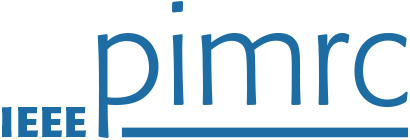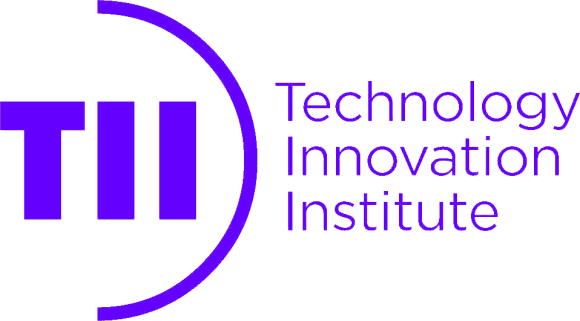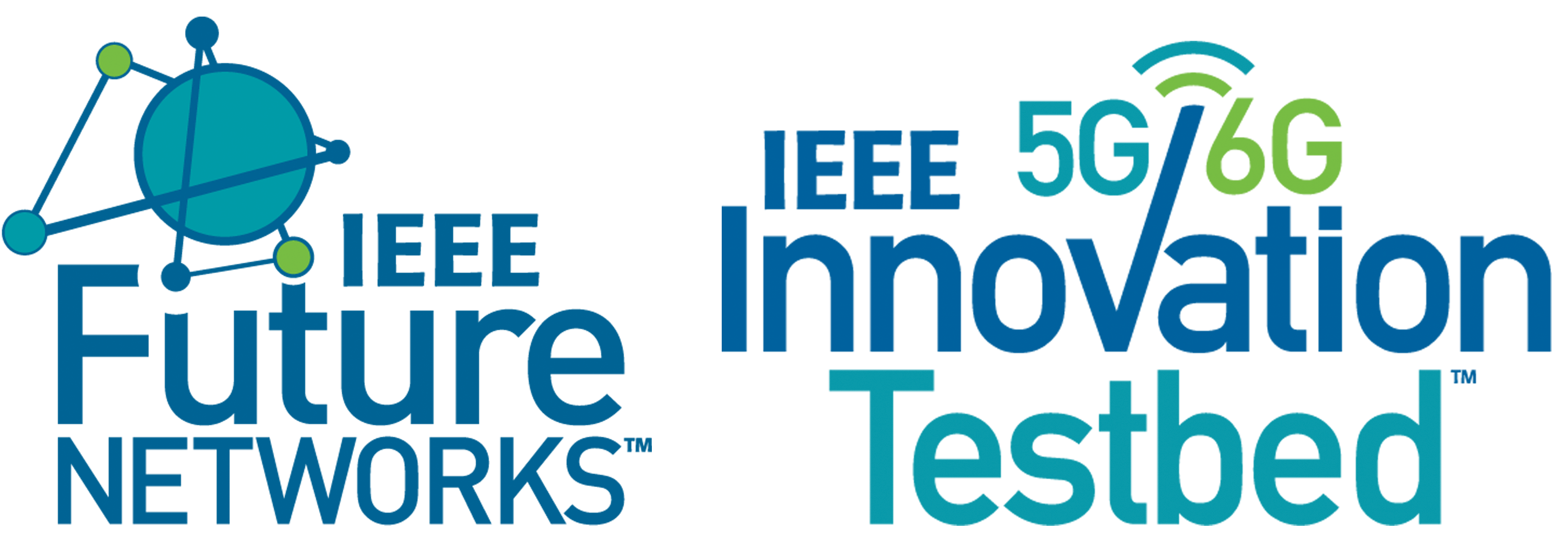Day: Tuesday, 05 September
Time: 14:00 – 17:30
Room: Pier 3
Tentative Program Details below:
Opening: Mauro Biagi (Sapienza University of Rome, Italy) “Info about workshop”
Keynote: Steve Hranilovic, McMaster University “Optical Wireless Technology and beyond” (tentative title)
Session 1: Optical Wireless for IoT (Chair: Mauro Biagi)
P1 – Sanjha Khan (i2CAT Foundation Barcelona, Spain); Josep Paradells (i2CAT Foundation. Technical University of Catalonia Barcelona, Spain) Marisa Catalan (i2CAT Foundation Barcelona, Spain) “Low-Cost Optical Camera Communications for IoT”
P2 – Selma Yahia (University of M’Hamed Bougera & LIST Laboratory, Algeria); Yassine Meraihi (University M’Hamed Bougara of Boumerdes, Algeria); Sylia Mekhmoukh Taleb (LIST Laboratory Faculty of Technology University of Boumerdes, Algeria); Seyedali Mirjalili (Centre for Artificial Intelligence Research and Optimisation, Torrens University, Australia); Amar Ramdane-Cherif (Université de Versailles St.-Quentin en Yvelines & LISV Laboratory, France); Tu Dac Ho (The Arctic University of Norway – UiT & Electrical Engineering, Norway); Hossien Eldeeb (Ozyegin University, Turkey); Sami Muhaidat (Kahlifa University, United Arab Emirates), “An Enhanced Aquila-Based Resource Allocation for Efficient Indoor IoT Visible Light Communication”
Session 2: Optical Wireless Communication and Networking (Chair: Mauro Biagi)
P3 – Eiji Okamoto and Yuma Yamashita (Nagoya Institute of Technology, Japan); Yohei Satoh (Japan Aerospace Exploration Agency, Japan); Mitsuhiro Nakadai and Takamasa Itahashi (Japan Aerospace Exploration Agency (JAXA), Japan); Shiro Yamakawa (Japan Aerospace Exploration Agency, Japan), “Performance Comparison of Channel Coding Methods for Optical Satellite Data Relay System”
P4 – Lakshmi Narasimhan Theagarajan (Indian Institute of Technology Madras, India); Steve Hranilovic (McMaster University, Canada), “Uplink/Downlink Reciprocity in VLC Channels and Its Application to Rate Analysis of SLIPT Systems”
P5 – Anna Maria Vegni (Roma Tre University, Italy); Mauro Biagi (Sapienza University of Rome, Italy); Valeria Loscrí (Inria Lille-Nord Europe, France), “On the Impact of Mobility on the Underwater Optical IoT Architecture for Positioning and Communication”
P6 – Lev Azarkh (Eindhoven University of Technology, The Netherlands); Jean-Paul Linnartz (Technische Universiteit Eindhoven, The Netherlands), “Accelerated Beam Searching for Optical Wireless Communication System With Slow Feedback Channel”
In future 6G wireless networks scenario, heterogeneous networks may represent a good opportunity to integrate technologies, application and services. One of the key technologies especially for indoor connectivity can be the optical wireless communication (OWC) one. In the last years a lot of attention has been paid to OWC for what concerns physical layer mechanisms and access techniques mainly in downlink and also in uplink. Some issues are still unsolved in the framework of OWC. In example mobility management, the use of optical reconfigurable surfaces able to manage NLOS communication and crosstalk mitigation through signal processing techniques are topics current catching the interest of scientific community. Moreover also localization is an issue for optical wireless since the positioning mechanism can aid the access by indicating the LEDs able to provide services. Besides camera communication is a wide field of research that can be used outdoor for vehicular and underwater applications. Also optical wireless satellite networks represent a growing topic. Summarizing a lot of interest is still focusing on such a hot topic. Currently there is a OWC standard (IEEE 802.15.7) and some proprietary solutions are spreading in the market. A substantial volume of research activities both at academia and industry at a global level are addressing the challenges related to OWC and make the systems and their coexistence, a more reliable and viable wireless option. As mentioned, this is supported by an always growing number of publications, dedicated technical events, research funding and PhD studies, also in the European Marie Curie program.
Organizer:
Mauro Biagi, University of Rome, “La Sapienza”
IMPORTANT DATES
Paper Submission Deadline: 19 May 2023 Extended date: 31 May 2023
Acceptance Notification: 16 June 2023
Camera-Ready Due: 07 July 2023
Workshop Date: 05 September 2023







